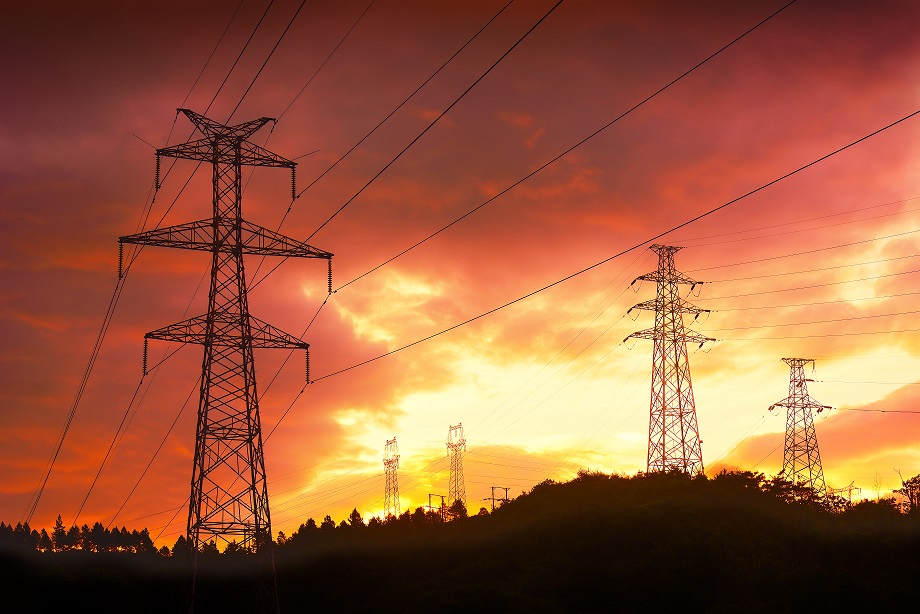Ofgem accelerates GB transmission network upgrades to deliver net-zero targets
Published on 3rd April 2023
Investment to complete 26 projects worth £20 billion by 2030 will support the electricity sector's decarbonisation drive

The latest distribution pricing cycle (RIIO-ED2) started on 1 April in Great Britain, along with the implementation of transmission prices for the 2023-2024 year. These have commenced amid significant challenges for networks, not least the speed with which projects are able to connect to the grid. The queue of projects currently waiting to connect is understood to constitute three times Great Britain's peak power demand with offers being made for connection as far ahead as 2036.
Upgrades speed-up
In an attempt to speed up the delivery of transmission network upgrades (which in turn will facilitate faster connections at the distribution level), Ofgem is implementing an accelerated strategic transmission investment (ASTI) initiative to drive some 26 projects forward with a combined estimated cost of £20 billion. If successful, the accelerated investment will ensure that all of the nominated projects are completed by 2030.
The nominated projects fall outside of the recently revisited competitively appointed transmission-owner regime, currently contained within the Energy Security Bill that is before Parliament. They are also being run in parallel to the large onshore transmission investment framework as set out in the standard licence condition 13.3 of electricity transmission licences.
Streamlined processes
ASTI aims to streamline the regulatory approval and funding process for the nominated transmission projects by reducing the number of pre-approval regulatory assessment stages, with nominated projects obtaining pre-construction funding of 2.5% of forecast total expenditure (totex) prior to obtaining planning consents. There will also be early construction funding amounting to up to 20% of forecast totex, which will also be accessible prior to obtaining planning consent. The stated intention is to achieve a "programmatic delivery" of projects, instead of the current incremental network-build approach, with the suggestion from Ofgem that the time taken for a full project assessment could be cut by almost half from between six to 12 months to six to nine months.
The ASTI-nominated projects will become price control deliverables. Ofgem will impose output delivery penalties and rewards to incentivise transmission owners (TOs) to hit the targeted completion dates for projects. To combat the risk of excess volatility and unpredictability in charges passed on to consumers, Ofgem has proposed spreading the recovery over time through the regulated asset value (RAV). This could lead to TOs' RAV increasing or decreasing based on the ability to deliver according to targets set under the ASTI framework. The aggregate reward and penalty is to be capped at 10% of forecast totex – although the actual daily rates for penalties and rewards have been redacted from the published Ofgem decision.
New infrastructure challenge
National Grid predicts that "over five times the amount of electricity transmission infrastructure needs to be built in the next seven years as it has been in the past 30" in order to support the ambition to connect up to 50GW of offshore generation and decarbonise the power sector by 2030.
Delays arising from the current logjam of transmission connection delays and existing transmission constraints bring into sharp relief the fact that the existing onshore transmission network cannot currently support the substantial growth needed to deliver Great Britain's net-zero ambitions.
Osborne Clarke comment
It remains to be seen whether the ASTI programme will help deliver the step change to the transmission network that is needed, but Ofgem predicts that consumers will see a net benefit of £2.1 billion if ASTI projects are delivered by their optimal delivery dates. These savings will come in the form of reduced constraint costs and carbon savings.
The challenges for networks to decarbonise the electricity sector in Great Britain are and remain significant. ASTI will not solve the problem but it is perhaps welcome recognition by Ofgem that more needs to be done.



